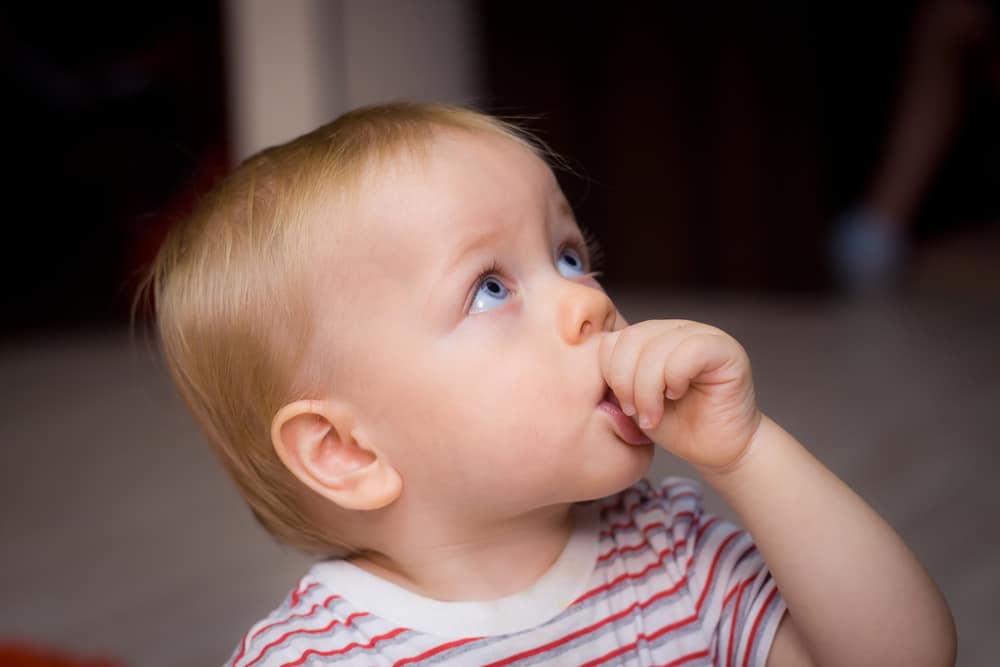Kids can develop habits at a young age that will likely dissipate as they grow older. However, some habits can wreak havoc on your child’s development. Pacifiers and thumb-sucking may seem innocent at first, but the effect these habits have on the mouth can be detrimental. Learn how two of the most common oral habits in young children can affect their smiles.
How Does Pacifier Use and Thumb-Sucking Affect Teeth?
Although children suck on their thumbs or pacifiers to soothe themselves, this isn’t always the best idea when it comes to their teeth. Thumb-sucking and pacifier use can greatly affect how your child’s teeth erupt and can cause problems the longer your child participates in these habits. You see, thumb-sucking and pacifier use can cause abnormal growth of the mouth and affect the alignment of the teeth. This can cause issues with the development, including in the roof of the mouth and the jaw. Long-term effects of thumb-sucking and pacifier use include:
- Overbites and other bite issues
- Sensitivity of the roof of the mouth
- Jaw problems
- Tooth alignment
- Speech difficulties
This is why it’s better to stop this habit before it creates big problems later. However, breaking these habits is often easier said than done. That’s why there are tips to help them along the way.
Breaking the Habit
Typically, children will stop sucking their thumbs or relying on a pacifier around age two. If your child is having a hard time giving these habits up, try praising your child when they don’t use a pacifier or suck on their thumb, or providing comfort to them as a means to put their mind at ease. If these tactics aren’t working, you may want to try bandaging the thumb or having your child wear a sock over their hand at night. Although this may sound silly, it can help them break the habit with time. Mouth appliances are also available to help discourage thumb-sucking as well.
Your Next Steps
If you see your child is sucking their thumb or relying on their pacifier beyond the age of six, they may have already done substantial damage to their teeth. The more aggressively a child sucks on their thumb or pacifier, the greater the potential damage. Some children are passive suckers, which means they only rest their thumb or pacifier in or against the mouth. Although this behavior doesn’t tend to do much damage, the risk is still there, so beware.
Address this issue early and speak with your dental professional about other helpful tips and next steps. The last thing you want is for your child’s innocent habit to cause developmental issues in their mouth. Not only do these issues take some time to fix through orthodontic treatment, many of them can be avoided by limiting these habits at a young age.






